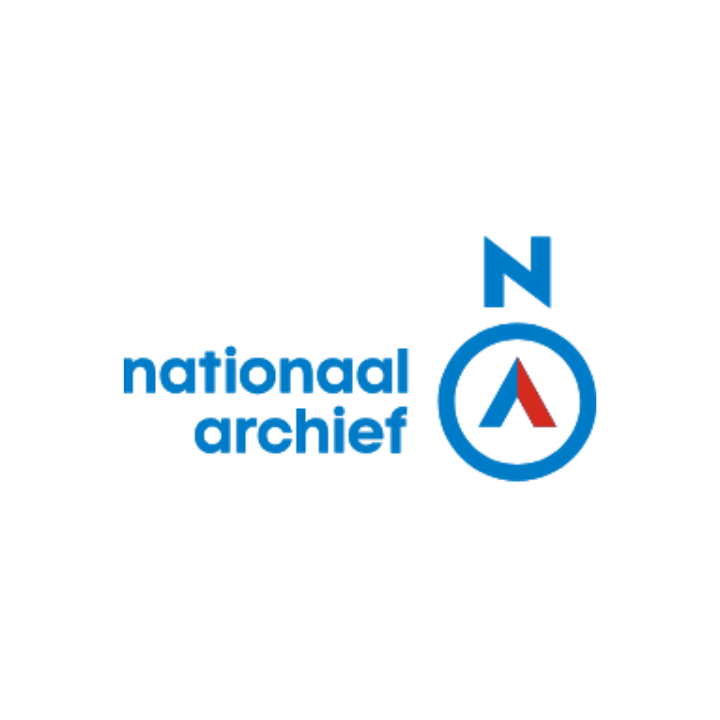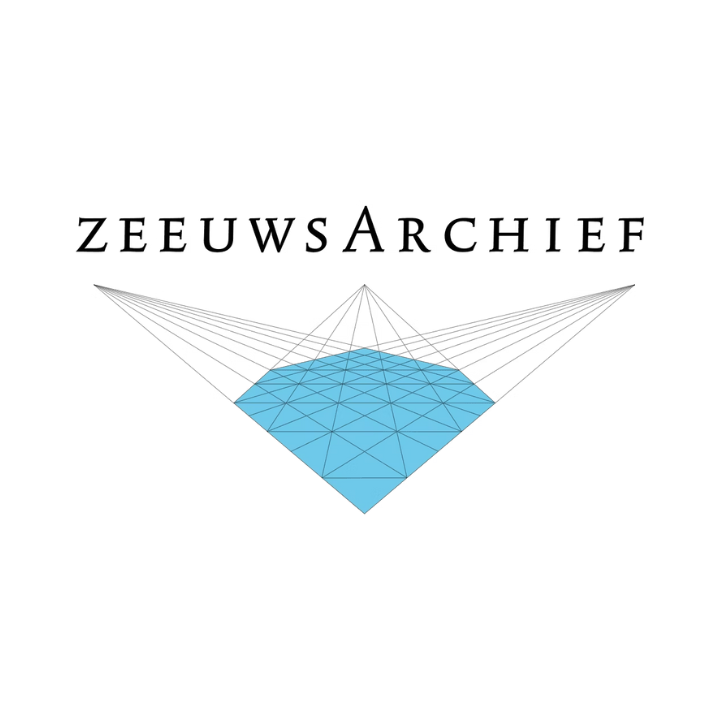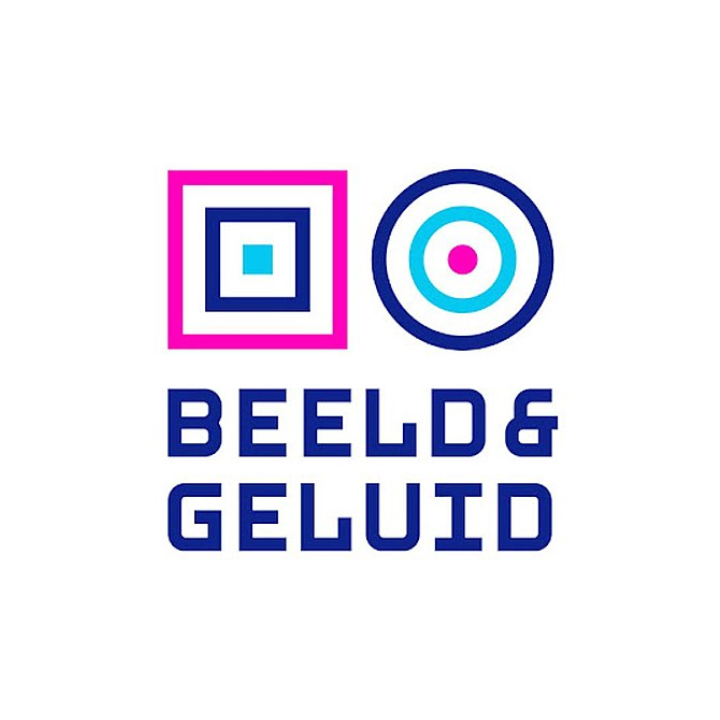Expert Knowledge
Are you an expert in the field of water knowledge? We are here to assist you in delving even deeper into your area of expertise.
Watersnoodmuseum Collection
Our collection includes unique archives and objects that are not usually on display in the museum. For example: photos, interviews or research reports.
It's possible to view these archives and objects in person. You can request an appointment with one of our collection staff. They can show you the items you have an interest in at the museum.
If you are interested in viewing items from this collection, please contact us.
Publications from the International Institute for Land Reclamation and Improvement (ILRI)
Following the Watersnoodramp, much land became infertile due to salinization. However, there was significant knowledge available to reverse this damage within a year. Through drainage and the leaching of salt, food production was restored.
Impressed by this rapid recovery, the W.K. Kellogg Foundation donated 1.25 million guilders. This funding encouraged further research and dissemination of knowledge to improve international food production. As a result, the ILRI was established in 1955. For many years, ILRI gathered extensive knowledge in agriculture, drainage, and irrigation.
Today, ILRI's legacy continues at Wageningen University & Research (WUR). In 2023, WUR donated ILRI's valuable research to the Watersnoodmuseum. These publications are available for viewing upon request.
WUR remains committed to international research, education, and collaboration. The climate changes we face today bring complex challenges. WUR hopes to connect as much knowledge and expertise as possible, just as it did in the past.

"The complexity should not lead us to procrastinate or become bogged down. The time to address these climate changes is now."

Archives
Looking for knowledge and visual material on the water history of the Netherlands? The Watersnoodmuseum's collection isn't the only place to find it.
Research and Education
Many organizations conduct research on climate change, sea-level rise, and sustainable ways to address these issues. These organizations and their research are valuable sources of water knowledge.
Delta Wealth
What adjustments are needed for the Southwestern Delta to withstand the challenges of climate change over the long term? This is one of the major questions addressed by the Delta Wealth project. To answer this question, a wide range of experts collaborate.
Delta Wealth explores three potential approaches within the Knowledge Program on Sea-Level Rise:
- Closed Protection
- Open Protection
- Seaward Expansion
Delta Wealth also examines possibilities for combining these approaches.

Floating Future
Due to extreme weather and rising sea levels, water seems to be increasingly encroaching on human habitats. Where should we live in the future?
The Floating Future project investigates the advantages and disadvantages of floating cities and infrastructure. It explores how such systems work technologically, assesses their economic feasibility, and considers the potential impacts on everyday life.

Delta Climate Center
The Delta Climate Center is dedicated to ensuring a sustainable future for deltas worldwide. They contribute by conducting research and developing educational programs, in collaboration with businesses, governments, and local communities.
The center explores the roles of water, energy, food, and bioresources in creating climate-resilient and prosperous deltas.

"We view the Zeeland delta as our living lab. Here, we collaborate on solutions for climate and sustainability challenges in deltas."
The KNMI
The Royal Netherlands Meteorological Institute (KNMI) has long been engaged with weather, climate, and seismology in the Netherlands. They not only conduct measurements but also research the broader implications. What are the impacts of extreme weather, climate change, and earthquakes on safety in the Netherlands?
The KNMI knowledge center is filled with scientific publications and climate data.

Living Lab Schouwen-Duiveland
The Living Lab Schouwen-Duiveland seeks innovative solutions for complex challenges related to water, food, education, and governance. Various stakeholders collaborate here to develop and share knowledge.
The Living Lab Schouwen-Duiveland offers a digital library with research results and scientific publications. They also frequently organise knowledge events and excursions.

